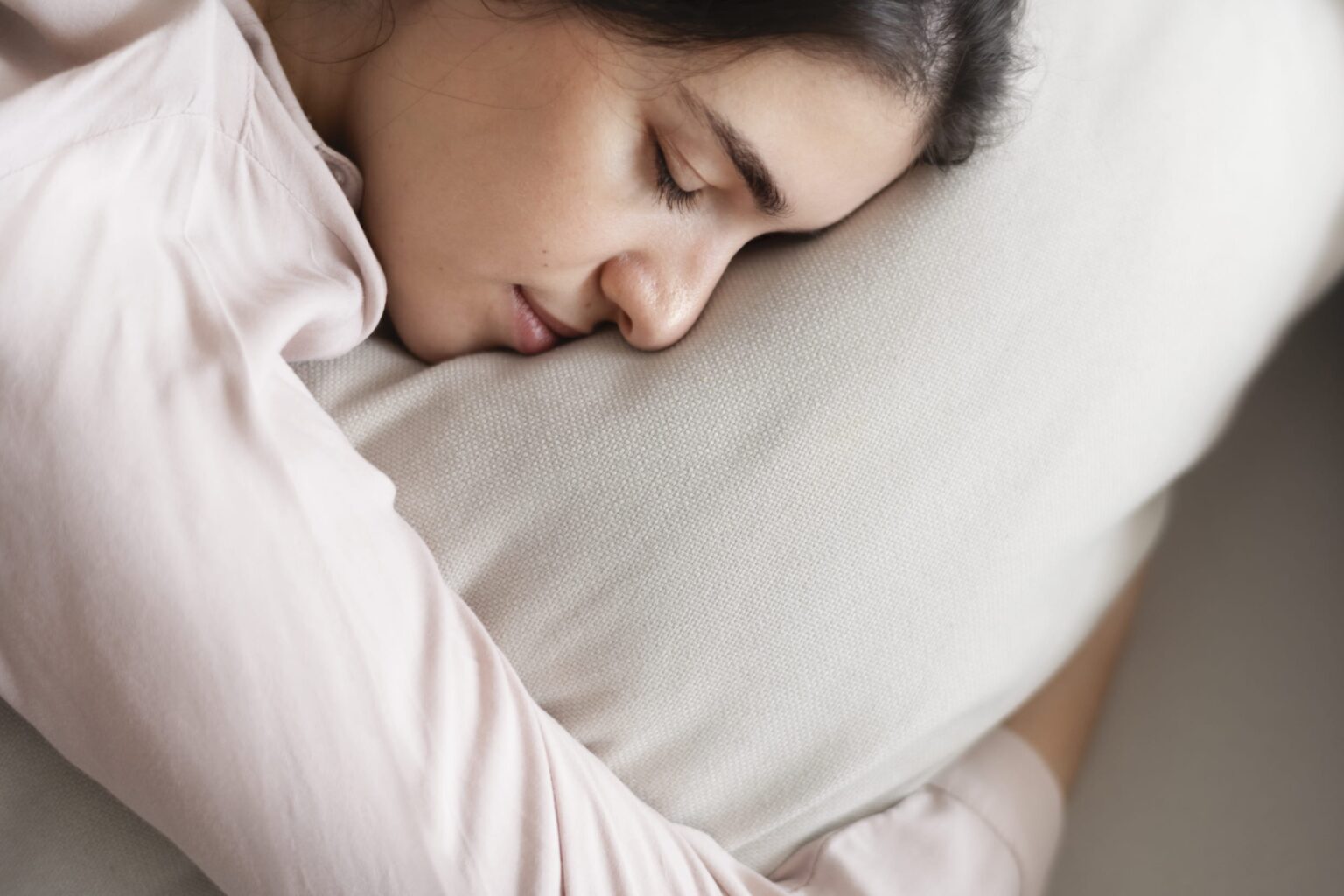
Several lines of research have shown how optimal sleep duration is necessary to ensure human full cognitive functioning. A study published by the University of Colorado Boulder may help us understand how each of us reacts differently to a sleepless night.
Sleep deprivation has a significant impact on cognitive functions: fatigue, irritability, and difficulty concentrating are just some of the possible consequences of a sleepless night. If sleep deprivation becomes a repetitive pattern – as in the case of night shift workers – it may negatively impact physical and mental health, work performance, driving and workplace safety. But are we all equally susceptible to sleep deficits? Or are there identifiable individual patterns of resistance and susceptibility?
A study published by Sprecher and colleagues can help us give an answer. The authors recruited 20 healthy adults and scheduled them for a 39-day protocol of sleep restriction. They closely monitored vital functions, sleep, vigilance, mood, and perceived sleepiness. Additionally, a computerized test battery evaluating participants’ cognitive functions was regularly administered throughout the entire duration of the experimental protocol. The tests specifically evaluated executive functions, cognitive processing speed, selective visual attention, and wakefulness maintenance.
The objective of the study was to investigate possible inter- and intra-individual variations under sleep deprivation conditions, and the results were intriguing. It seems that not only the effect of sleep deprivation has a variable impact among participants, but also that sleep deprivation consistently affects specific cognitive functions within the same individual: if one participant experiences a greater reduction in selective visual attention, another may be more affected in cognitive processing, another in wakefulness maintenance, in a highly reproducible fashion across different sleepless nights.
The existence of specific and stable individual traits that make people more or less susceptible to sleep deprivation sheds new light on the protection of night shift workers, their physical and mental well-being and their work performance: indeed, being aware of the different effects of sleep deprivation on each worker would allow to develop personalized prevention strategies targeting the individual traits more likely to be impaired during a night of work. The positive impact on quality of life that would result makes it necessary to keep exploring specific susceptibility and resistance traits and the possible countermeasures to adopt.









